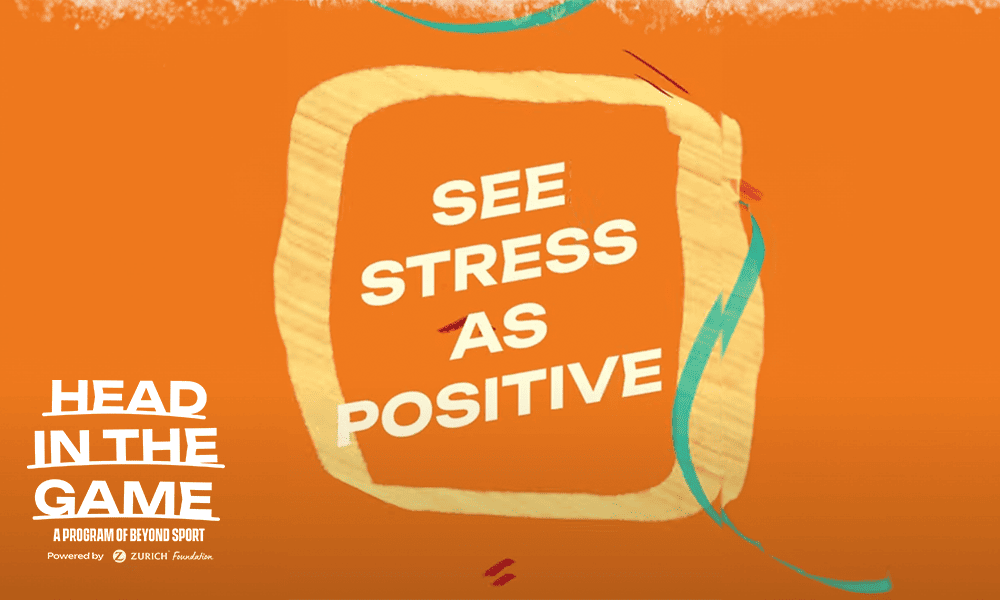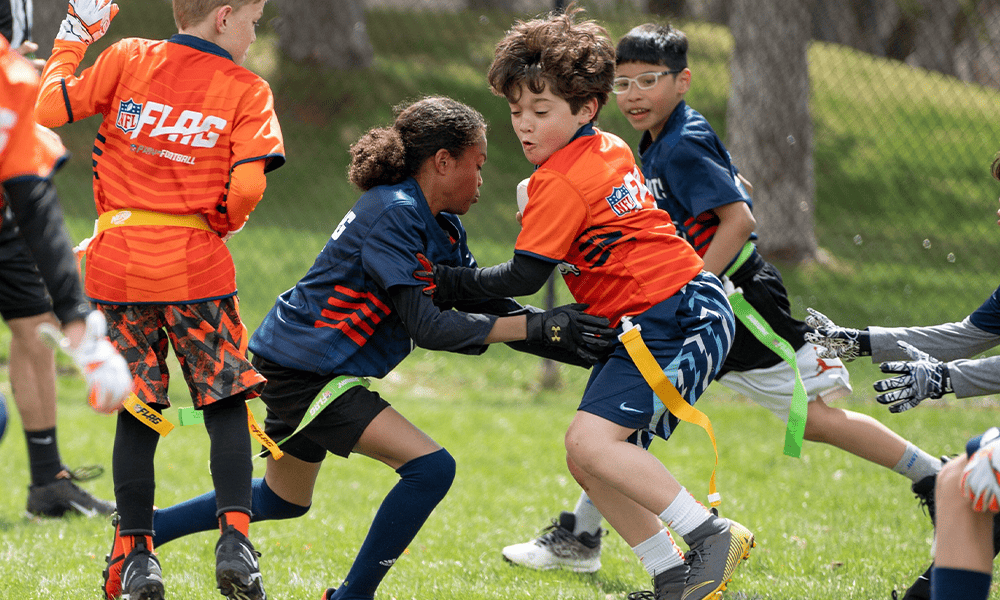February 16, 2024
A Brazilian non-profit is creating the next wave of environmental activists through Taekwondo. Channeling a drive for competition with a drive for conservation, Associação Jadir de Taekwondo (AJTKD) is merging the sport’s discipline with sustainability to educate and “fight for change” in Rio de Janeiro.
Established in 2000, AJTKD “welcomes, educates and develops” young people’s skills to help them overcome adversity through sport. The organization provides free Taekwondo classes and other activities to children, youth and communities from underprivileged areas – where social issues such as poverty and drug use are prominent – to empower them to thrive in life. Its focus areas include social inclusion, peacebuilding, health and well-being, gender equality and environmental education, all aligned with the UN Sustainable Development Goals (SDGs).
AJTKD was profiled on PANORAMA – Solutions for a Healthy Planet and by sportandev for their groundbreaking environmental leadership initiative. As explained, families living in Rio’s favelas are especially vulnerable to the effects of climate change compounded by limited green spaces and unstable infrastructure. The organization has therefore created a project to target these communities through the martial art of Taekwondo, instilling environmental consciousness but with a methodology unique to their mission.

AJTKD takes the sport’s traditional belt promotion tests a step further by taking students to restore areas in Rio such as Madureira and Sulacap where they participate in activities including tree planting, recycling and community clean-ups that focus on ecosystem restoration. This is to foster a deeper connection between the sport and the environmental responsibility.
Students who reach the black belt level emerge as leaders in their communities. This encourages them to introduce impactful actions, such as organizing workshops, leading clean-up campaigns and supporting sustainable practices. For many students, access to these resources is helping to redefine how they see their role in their respective communities.
So far, 127 trees have been planted and they are working to restore and increase the sustainability of ecosystems in the surrounding area. Seven thousand eight hundred young people and their families have been directly influenced by this holistic approach, which has provided them with assistance and education.
At the same time that they are learning how to become change agents. The young people are gaining a sense of self-assurance and empowerment as a result of the AJTKD’s project. The path that leads to environmental leadership and innovation encourages a new point of view on the opportunities that are created by the combination of the two.
Sources: sportanddev, PANORAMA





